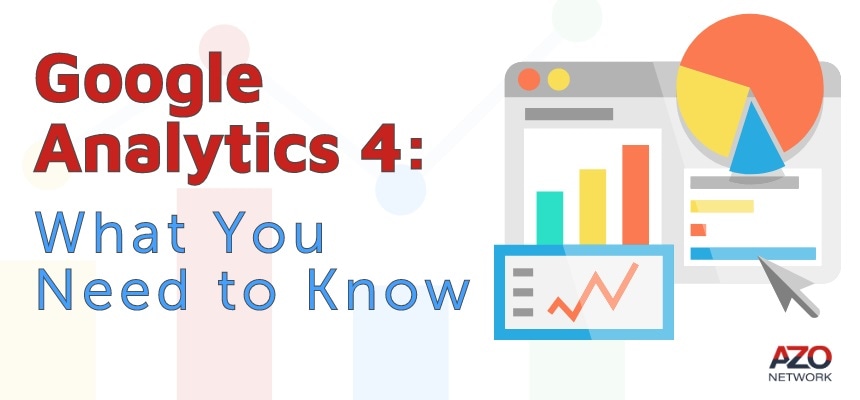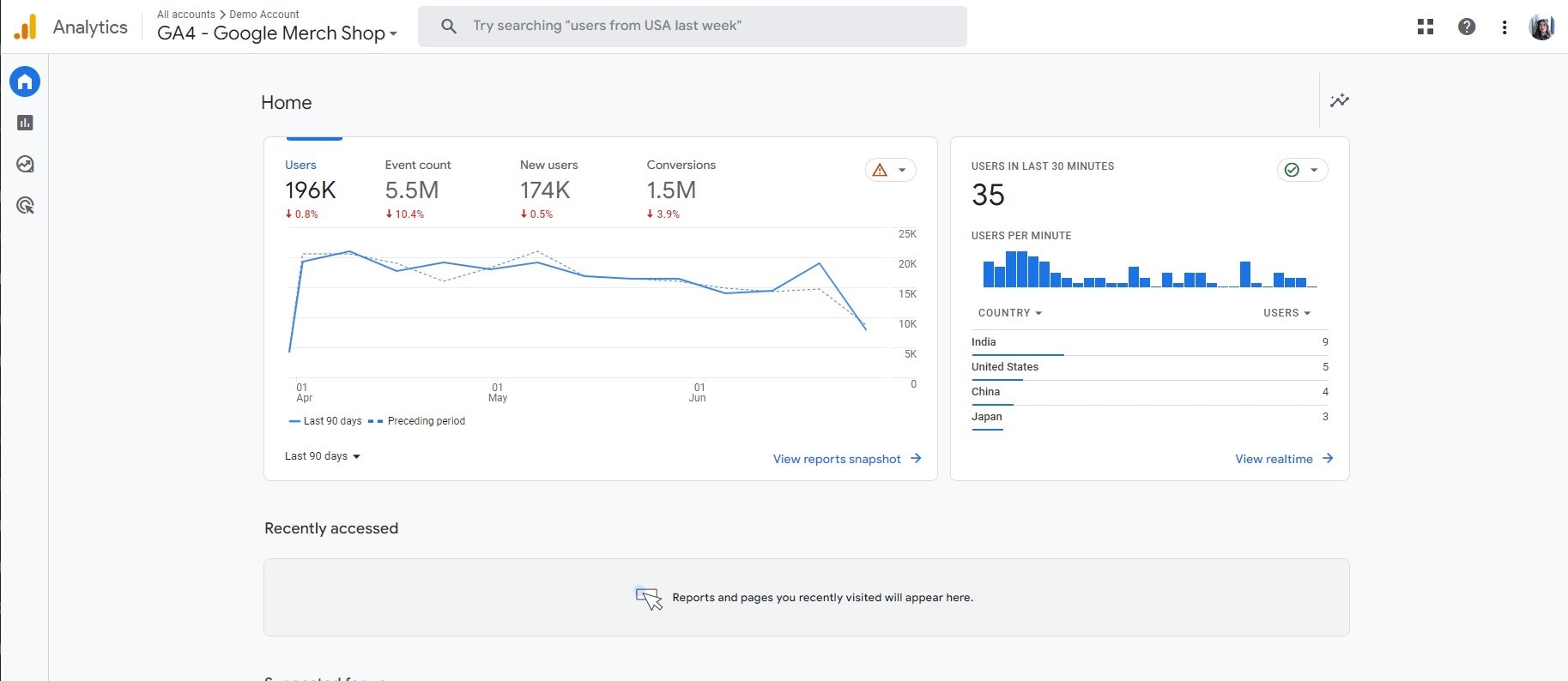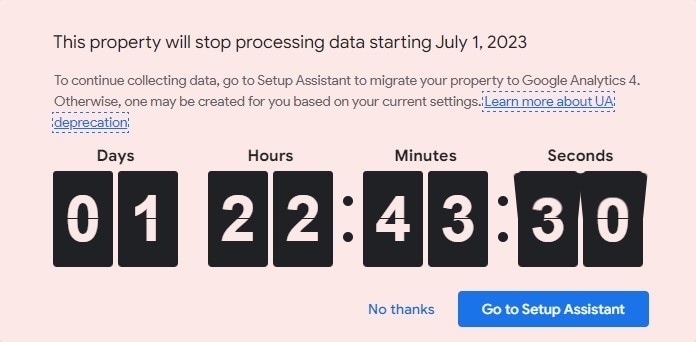
On July 1st, all standard Universal Analytics properties will stop processing all data. This means you will have to move all your website properties over to the new Google Analytics 4 by then, or Google will automatically do it for you if you haven’t.
Google had been looking to change the way they process website data to understand customer journeys in full, combining desktop, app, and any other device data. The data collection has now switched from session-based to event-based, which means you’ll have a better understanding of how your customers navigate your website.
As customer journeys become increasingly sophisticated, GA4 aims to help marketers have a clearer picture of their funnels. It detects users even when they switch devices or are logging in from different locations, avoiding duplicate data and better attributing conversions and assists.

Making the move is an easy, seamless process for most users and you’ll be prompted to migrate when you log in to your Universal Analytics properties.
However, switching to event-based data and a new interface might be confusing initially, so here are a few things you need to know:
How do I make the change to Google Analytics 4?
Once you log onto your UA property, you will get a pop-up notification with instructions to migrate to GA4.

First of all, you’ll need to consider your account structure. Are you a business with one website? Multiple websites? An educational institution? Do you have a worldwide e-commerce site? Each of these factors will influence how you migrate your data. You can find more information here.
Then, you will move on to creating the new property and data stream based on your previous UA property. In most cases, Google will be able to reuse your existing tags. Then, you’ll only need to set up your CMS (content management system).
There are also a few small steps you can take after migrating like turning Google Signals on, you can find all the information you need here.
What are Google Signals?
Google Signals is a way of tracking users by their Google account if they have opted in to Ads Personalization. Our SEO expert Taryn explains how Google Signals work in the video below:
Google Signals are useful when retargeting audiences and enhancing your advertising features. So, if you are currently running or planning to run Google Ads campaigns, we recommend you turn this feature on.
What happens to my old data in Google Analytics 4?
GA4 will only start collecting new data when set up. This means all previous data won’t show on the new property. You can access your Universal Analytics data for 6 months after setting up the new GA4, so you have plenty of time to download any reports you will need moving forward.
Google recommends exporting as much as you can/want to ensure no data is missing when required.
Once you are set up, you will have access to all the data and be able to report as usual, albeit a little differently than what you were used to.
If you need any help setting up your analytics account or are interested in running an SEO/Google Ads campaign, don’t hesitate to contact us and our expert team will be more than happy to help!